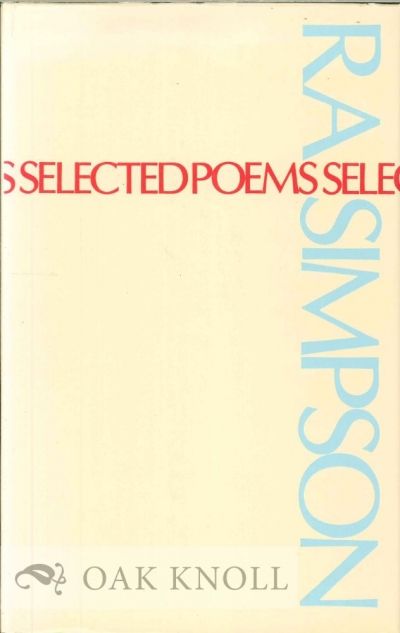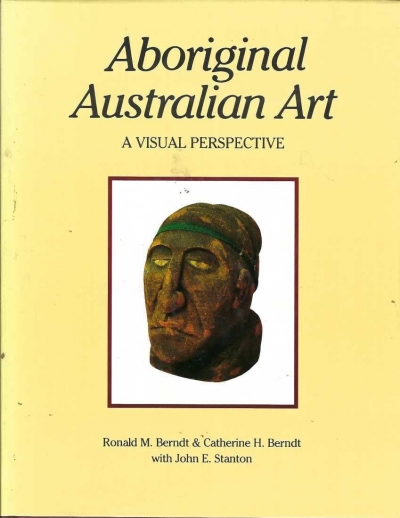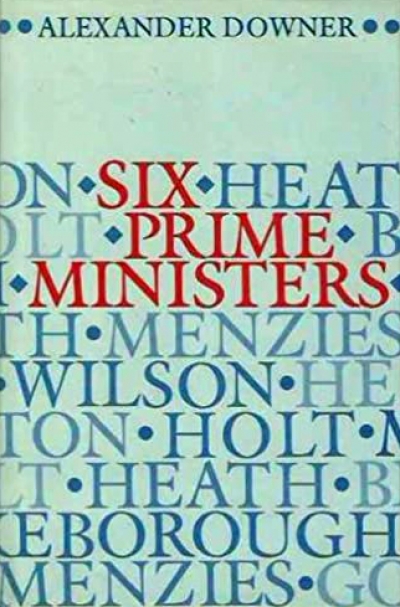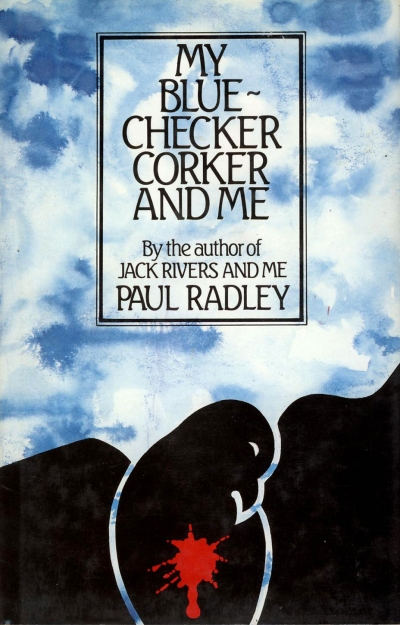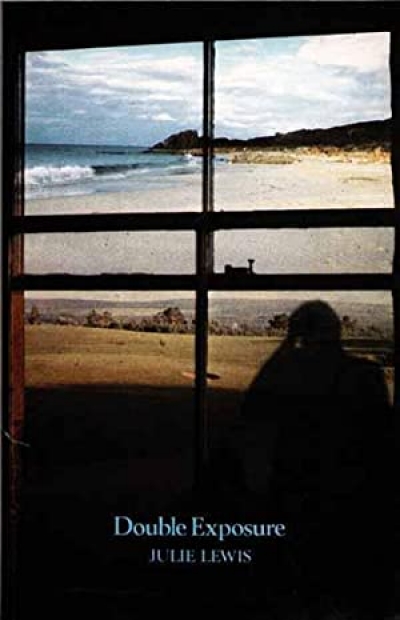Archive
Selected Poems by R.A. Simpson & Selected Poems by Vincent Buckley
by Peter Steele •
Australian Art: A visual perspective by Ronald M. Berndt, Catherine H. Berndt, and John E. Stanton
by Rod Hagen •
W.F. Mandle reviews 'The Tyranny of Distance', 'Triumph of the Nomads', and 'A Land Half Won' by Geoffrey Blainey
by W.F. Mandle •
Who, we wondered, gets the largest Public Lending Right cheque each year – Manning Clark or Geoffrey Blainey? Probably still Manning, and he’ll still be ahead in the royalties stakes too, but the younger colt must be closing fast, and he shows no signs of tiring. Even if he did, his publishers, like Manning’s for that matter, can always do, as they have here, a recycling and packaging job.
... (read more)Australia Since the Coming of Man by Russel Ward & New History edited by G. Osborne and W.F. Mandie
by L.L. Robson •


